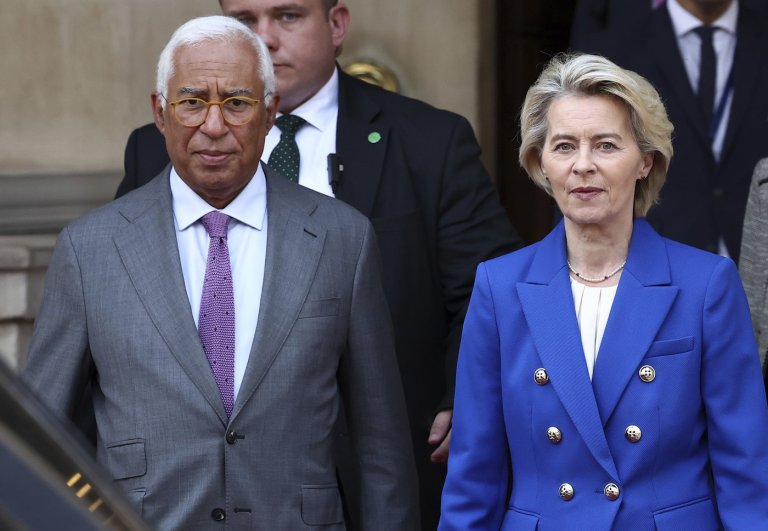Hudson’s Bay near the bottom of list in cotton-sourcing practices, report says
TORONTO – A report released Tuesday ranking the world’s largest cotton consumers on the basis of their sourcing practices has put Canada’s oldest retailer, Hudson’s Bay Company, near the bottom of the list.
The study done for the World Wildlife Fund, Pesticide Action Network UK and Solidaridad examined whether 37 international companies used sustainable cotton sources and ranked them according to a number of factors, including the guidelines used to produce the cotton (organic, fair trade or recycled). It also looked at whether the companies had stated initiatives or policies on cotton farming.
Hudson’s Bay (TSX:HBC), the only Canadian retailer on the list, had a total score of one out of a possible 19.5.
The report said HBC’s low score did not necessarily indicate that it used unsustainable cotton, but rather reflected a lack of transparency on its practices. It also said the Toronto-based company did not publicize its policies or targets on cotton sources.
Hudson’s Bay spokeswoman Tiffany Bourre said the retailer offers sustainable cotton under its private label and is looking for opportunities to grow in that area.
“HBC also has stringent ethical sourcing guidelines in place to ensure the highest principles of sourcing and compliance,” Bourre wrote in an email.
Keith Tyrell, the director of Pesticide Action Network, said the purpose of the report was to highlight the importance of sustainable cotton in terms of its impact on the environment and labour industry.
“Brands and retailers have the ability to drive sustainable cotton demand through the requirements they set for their suppliers,” said the report. “These requirements can ensure that their products are not associated with unsafe or illegal labour practices or environmental damage.”
Some of the biggest issues with cotton is the use of child labour and the overuse of harmful fertilizers and pesticides that can result in death.
Tyrell said there’s always been a lot of attention given to unsavoury labour practices used in the creation of cotton with clothes and furniture, though he added cotton farming employs more people than the manufacturing industry does.
The report estimates that there are 40 million cotton farmers in developing countries producing three quarters of the world’s cotton supply.
“If companies really believe that the way cotton is produced is important to them, then they’ll switch,” he said. “At the moment, it seems like they don’t think it’s important. It’s about commitment.”
Tyrell said cost can be a hurdle initially for a retailer to make changes to their supply chain, but he added that didn’t stop fast-fashion retailer H&M Group, which set a demanding target of sourcing organic and recycled cotton in the last few years.
Topping the list was home furnisher Ikea Group, which scored 12 out of a possible 19.5 points, followed by fashion retailers C&A Global and H&M Group with nine points each.
The report based its rankings on public information and also reached out to individual retailers information was not readily available. Some of the other companies ranked included Walmart, Foot Locker, Nike and Gap.
Follow @LindaNguyenTO on Twitter.
Join the Conversation!
Want to share your thoughts, add context, or connect with others in your community? Create a free account to comment on stories, ask questions, and join meaningful discussions on our new site.














Leave a Reply
You must be logged in to post a comment.